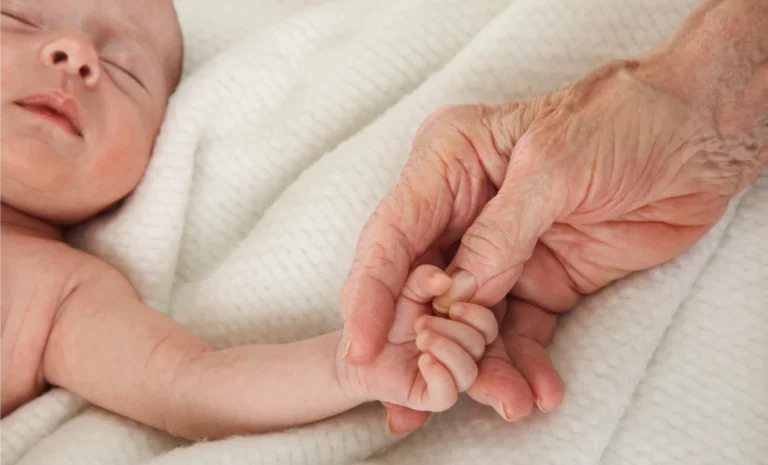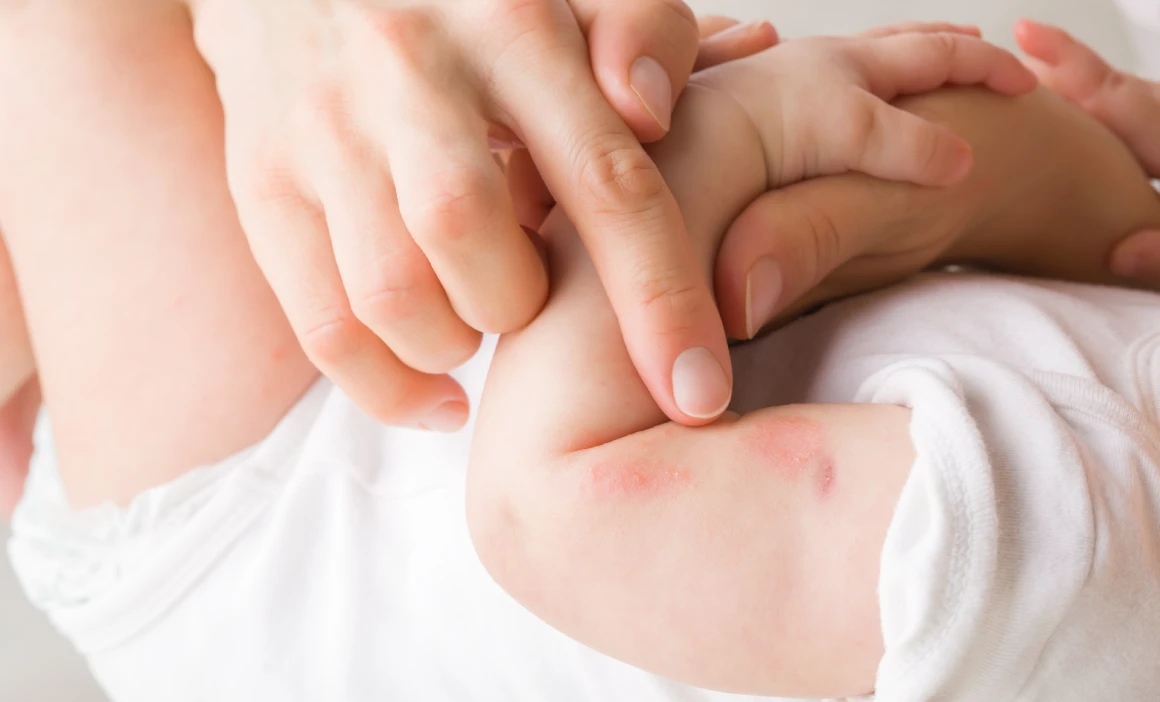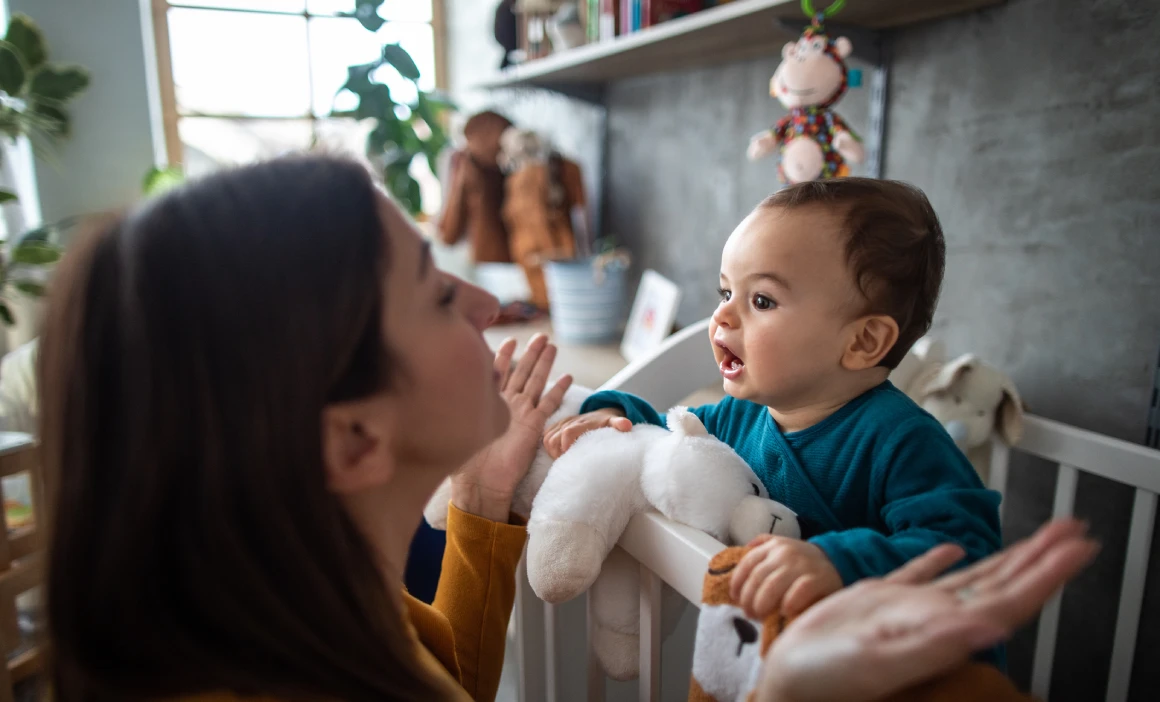
Life in the Womb: Early Fetal Behavior and Development

Cradle of Nutrition
- 2 minutes read
The journey of life begins in the womb, where the fetus starts developing complex behavioral patterns even before birth. Understanding fetal behavior during pregnancy offers incredible insights into prenatal growth and adaptation, with the fetus actively contributing to its own development. Early movements, sensory reactions, and environmental interactions highlight the dynamic nature of fetal life.
When Does Fetal Movement Start?
Fetal movement typically begins around the 7th or 8th week of pregnancy. At this stage, the fetus starts kicking, turning, and moving its limbs, showcasing the development of its muscular and nervous systems. As the pregnancy progresses, fetal behavior includes actions like grimacing, sipping amniotic fluid, hiccuping, and even urinating. These movements and reactions are not random; they demonstrate the fetus’s sensory and emotional responses to its environment, signaling a crucial phase in early development.
How the Fetus Reacts to Its Environment
Research indicates that the fetus is responsive to external stimuli, including light, sound, and even the mother’s emotions. By around the 24th to 25th week, the fetus develops sleep-wake cycles similar to those of a newborn, laying the foundation for healthy postnatal habits. The fetus is also capable of memorizing sounds, like melodies, and can form unique habits. These familiar rhythms help to soothe newborns after birth, demonstrating the continuity of prenatal behavior into early life. Throughout this period, the fetus also develops essential competencies in taste, hearing, sight, smell, and pain perception.
The Mother-Fetus Bond: Speech Recognition and Sensory Comfort
The bond between mother and fetus plays a crucial role in fetal development. Clinical studies from Canada and China have shown that fetuses can recognize their mother’s speech patterns, native language, and even foreign languages, emphasizing the brain’s early capacity for language recognition. This early exposure suggests that learning and memory formation occur in the womb, highlighting the potential for neural development before birth. Additionally, the soothing rhythm of the mother’s heartbeat provides comfort, reinforcing the importance of physical closeness after birth, as newborns often find reassurance from this familiar sound.
Why Fetal Behavior Matters for Health and Development
Fetal behavior is essential for developing the nervous system, sensory organs, and motor skills that are crucial after birth. Early fetal movements like kicking and turning help the fetus adapt to stimuli and prepare for life outside the womb. These behaviors support nervous system maturation, which is vital for sensory and motor functions. Studying fetal behavior gives valuable insights into prenatal health and development. Besides genetics, factors like pre-conception health, parental health during pregnancy, and environmental influences can impact fetal well-being throughout gestation.
The Dynamic World of Fetal Development
Life in the womb is an active and intricate phase of preparation for life beyond birth. The fetus engages in complex behaviors, building foundational elements for health and development. Through observing and studying these behavioral patterns, we gain a deeper understanding of prenatal development and the powerful connections formed before birth. The remarkable journey of fetal behavior emphasizes the intricate, ongoing bond between mother and child.






